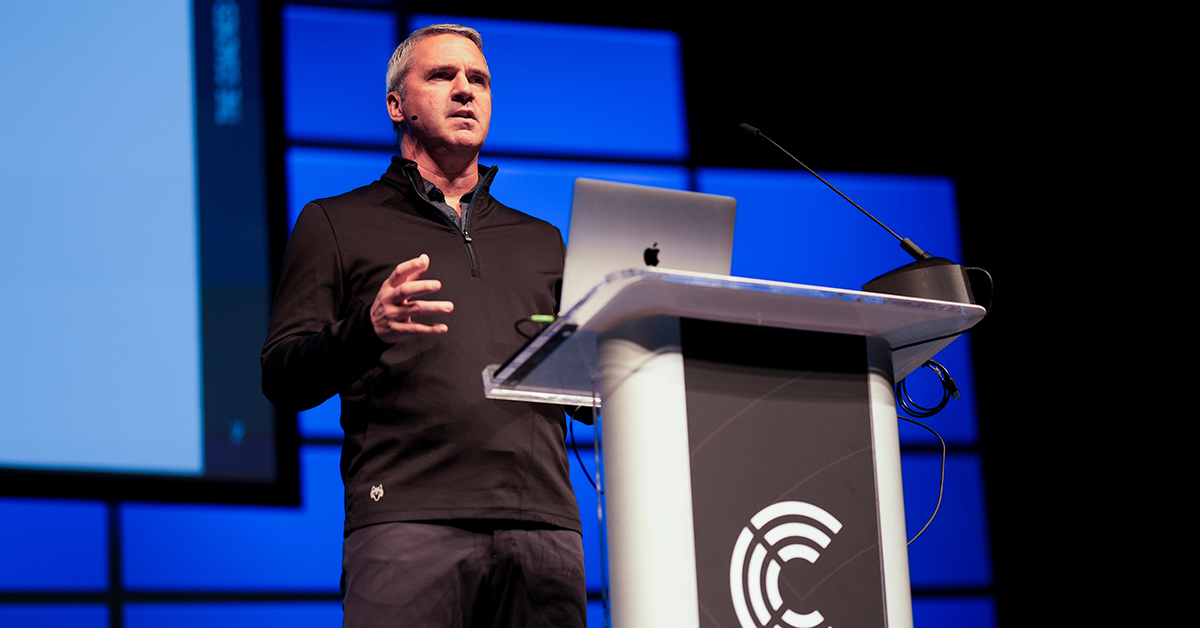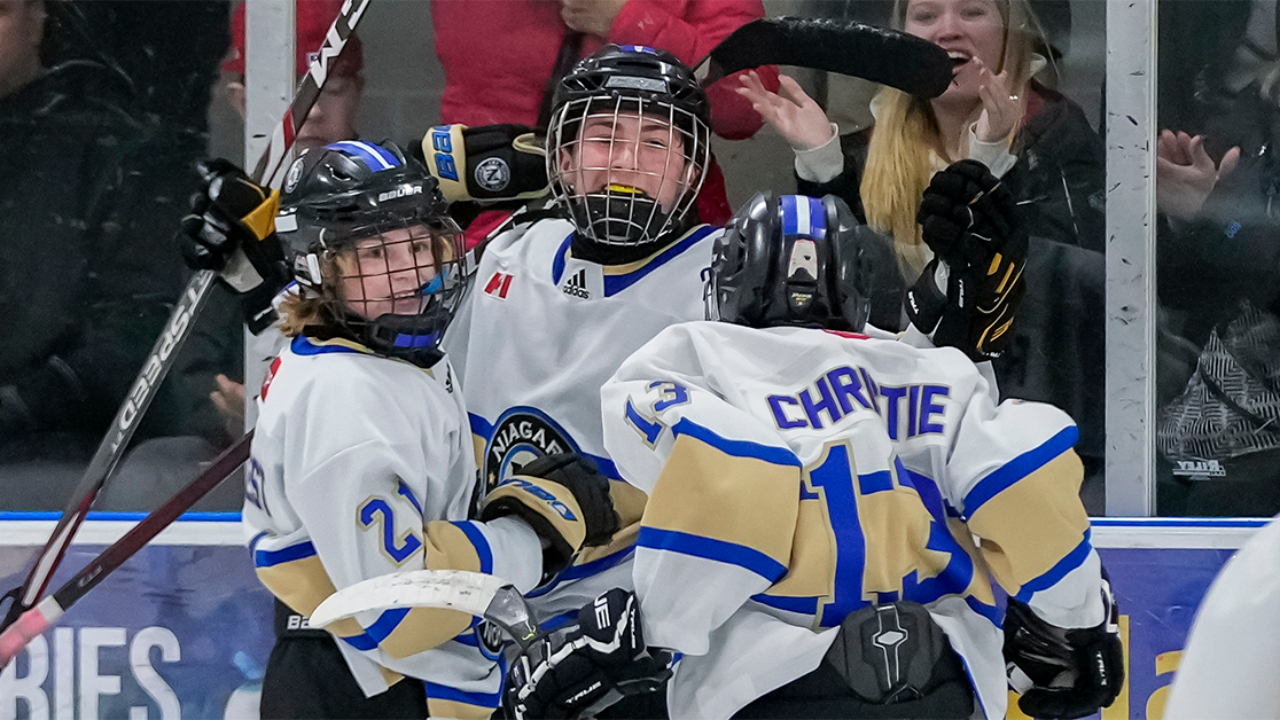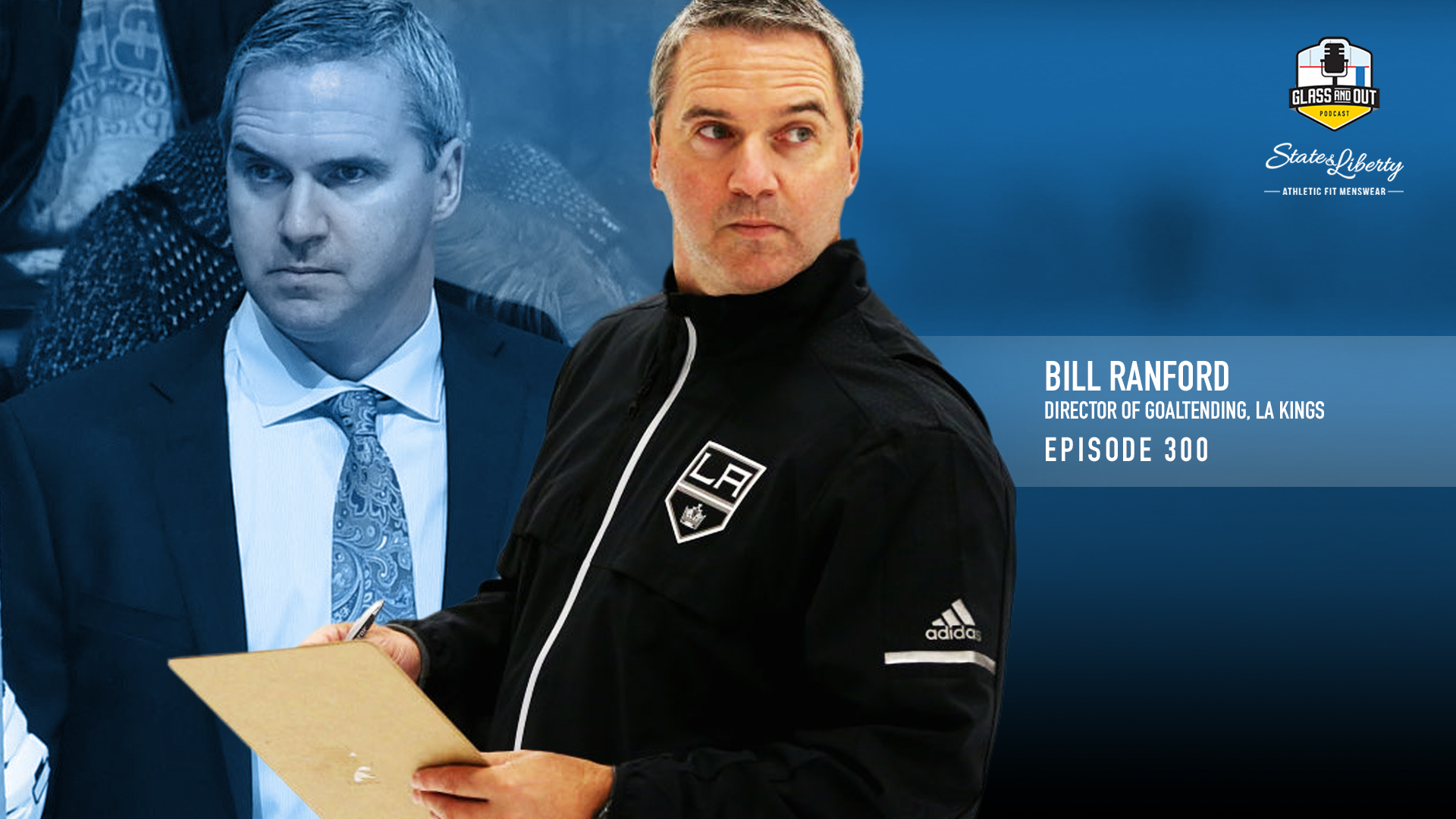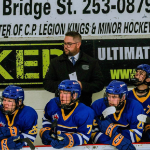
"Never in my wildest dreams did I think I would become a coach."
Edmonton Oilers' legend Bill Ranford presented at TCS Live 2025, giving a deep dive into his journey from a Conn Smythe Trophy winning goaltender to his current role as Director of Goaltending for the Los Angeles Kings. With 15 years of playing experience and two decades in his current position, Ranford has found his passion in helping goalies grow. He now emphasizes the importance of strong relationships with each player and the entire coaching staff within his organization.
The values at the forefront of any coaching position should be trust and communication. Having worked with six head coaches and 11 assistant coaches, Ranford has discovered the importance of remaining unified and on the same page with the rest of the staff. He made a point of highlighting staying “under the radar” and having the attention focused on the goaltenders rather than himself. From other coaches like Darryl Sutter, he has learned the importance of walking out of the coach's room aligned as a team to keep a consistent message, which maintains trust on and off the ice.
Bill Ranford with a powerful reminder for coaches at #TCSLive: “You’re going to bicker back and forth. But that’s good. That’s healthy. That’s how your team gets better.” pic.twitter.com/1ukP77EMSt
— The Coaches Site (@TheCoachesSite) June 13, 2025
The main aspects of Ranford’s strategy are the value of relationships, particularly between the goalie and the coach, and the dynamic with the coaching staff. He emphasized that “great goaltending makes great coaches,” which reinforces the idea that goalie performance can define team success. Through his role in Los Angeles, he has focused on the need for goalie coaches to take the pressure of the position off of the head and prepare practice drills. Ranford’s strategy involves reading the room between periods, knowing when to offer feedback, and helping all coaching staff understand the goalie position’s responsibilities and systems.
Humility is a concept rejected by most, but ultimately is a strategy to success. Ranford’s message was rooted in the fact that coaching is about trust, adaptability, and empowering athletes to succeed. He encourages coaches to embrace learning, use communication to build meaningful relationships, and focus on developing athletic players. By creating a supportive and honest environment, Ranford believes that coaching can have an impact on both performance and personal growth, which ensures players leave the rink better people every day.
Story written by TCS Live intern Carly Ryder.














